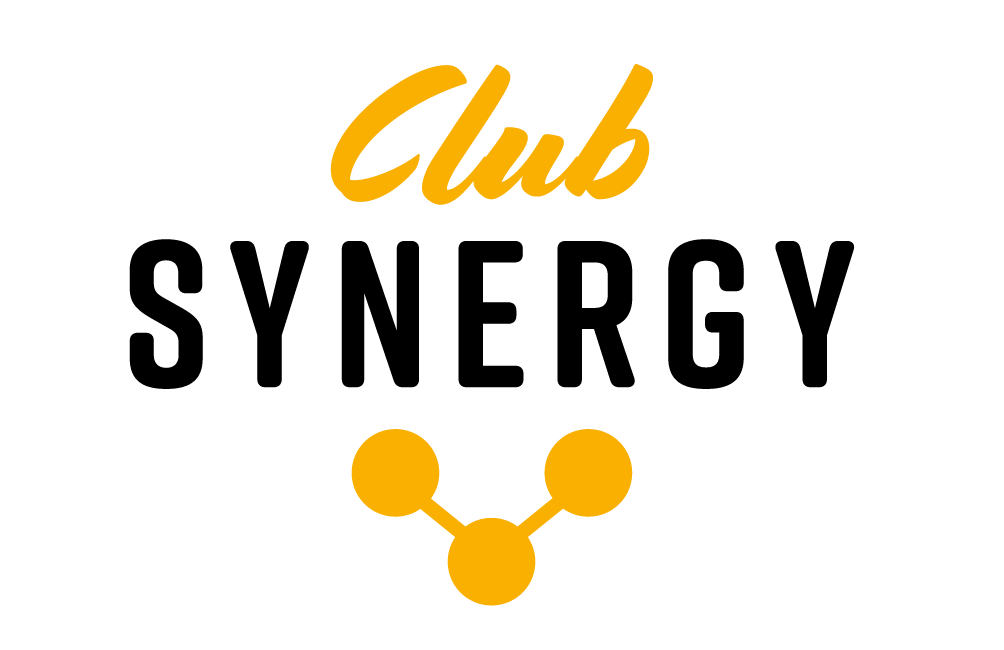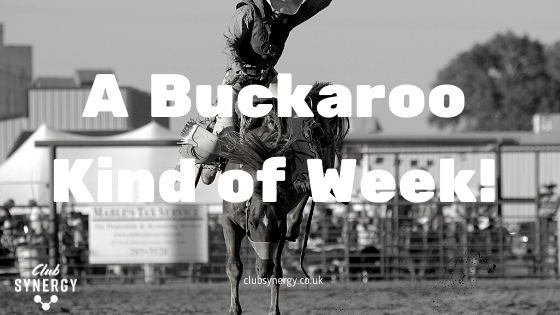Procrasti-learning in action!
“Procrasti-learning”
Denise Duffield Thomas
The term procrasti-learning, coined by Denise Duffield Thomas, refers to our ability to go on (and on) researching and learning about a topic to put off taking action on a task or project while justifying this to ourselves by calling it “research”. Alternatively, procrasti-learning can present as delaying starting a project by finding something unrelated “but essentially important” that you need to learn about “right now”.
How do I know if I’m a procrasti-learner? Here are some clues…
Building a website could be your specialist subject on Mastermind but you haven’t yet registered the domain name for your new business idea.
Your calendar reminds you that you have 3 follow-up calls to make after a networking event this week, but learning how to make pasta from scratch for the evening meal becomes an essential way to spend the afternoon (and the chances are you’ll still rip open the packet of dried fusilli come 7pm)
You have no idea where the last 4 hours have gone, but you can now explain what the little coloured squares at the bottom of toothpaste tubes are for.
Why do we do it?
Like most forms of procrastination, procrasti-learning is a way of managing the fear associated with our work being judged, which we can perceive as personal judgement. We can tell ourselves that we are positively and proactively learning about a topic that is essential to the success of our business (and the interwoven personal success). That we are making progress and moving forwards and that we will take action when the time is right and we know EVERYTHING. Internally we have the perfect justification that we are busy and productive while not actually having to put our work “out there” for judgement.
Tips to break the procrasti-learning habit…
Image by @kellysikkema
Prepare a list of the essential things you think you need to learn at the beginning of a new task or project, then set a “stop researching, start doing” deadline. Share this deadline with an accountability partner who you trust to tell you to “stop faffing” and then learn all that you can up to that deadline. After which it’s ACTION, ACTION, ACTION.
Flip your mindset - dive into the project or task first and then adopt a just-in-time approach to learning as you go.
Reward yourself - if you genuinely love learning new things, give yourself the gift of a new and unrelated learning experience AFTER you have completed the task/project you’ve been procrastinating on - just don’t use this time to procrasti-learn about your next big scary task!
Take a sheet of paper and divide it into two columns. In the first column, write down all the subject areas you are knowledgeable about and interested in. In the second column write down the name of at least one other person in your network who also knows a lot about your subjects of interest. Next time you are tempted to start “researching” and diving deeper, email or message that person and then keep working until the response comes in. There’s a good chance that a) you’ll answer your own question and b) you’ll have finished the task before the reply hits your in box. If the reply suggests a modification to your task - it’s a quick update and not a reason to dive off down the nearest rabbit hole.
Change state, and go for a walk/do a workout, getting those endorphins flowing will help to embed your learning and encourage action on returning to the task.
Think you would benefit from peer accountability? Check out The Club Networkout sessions









